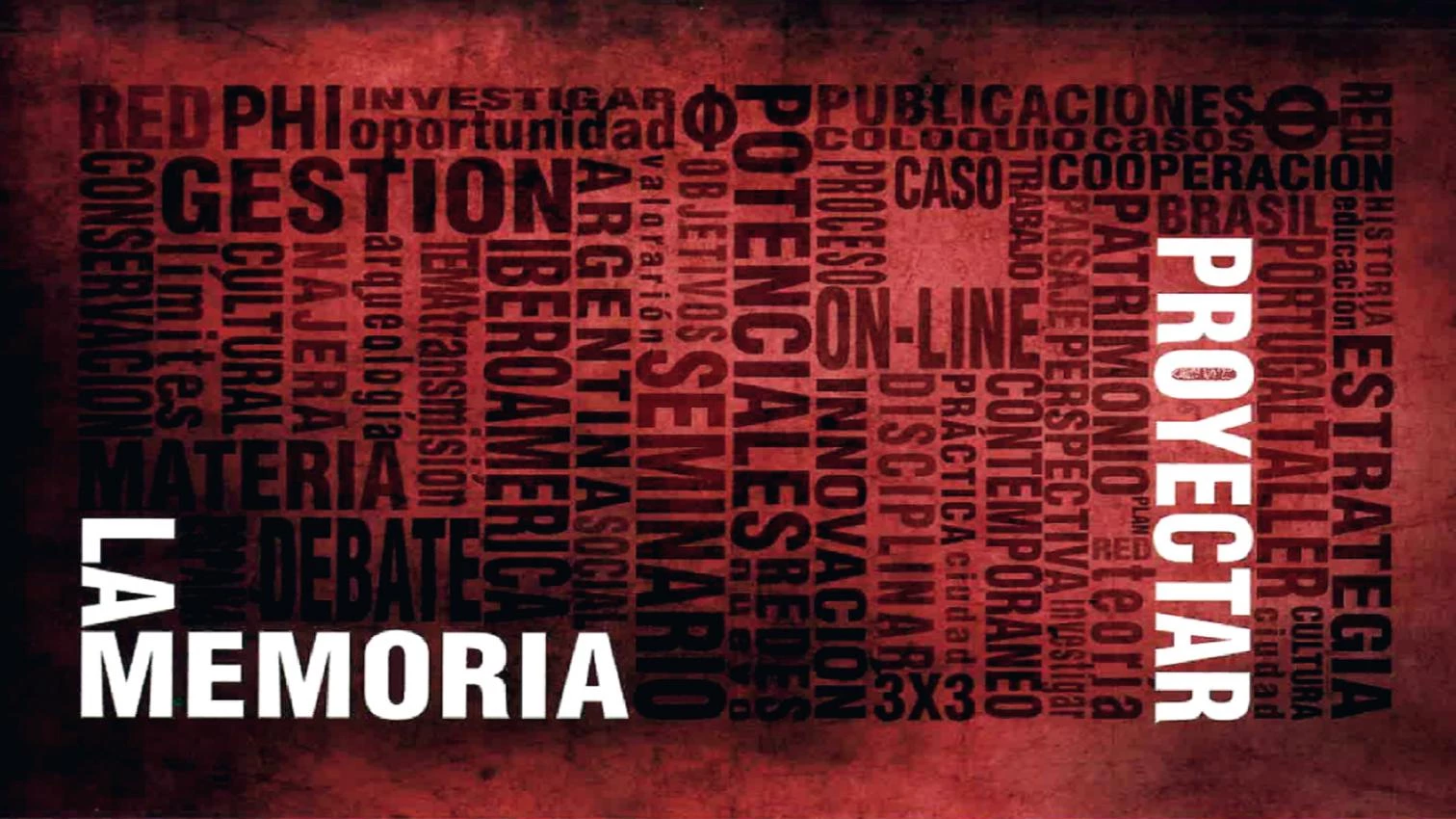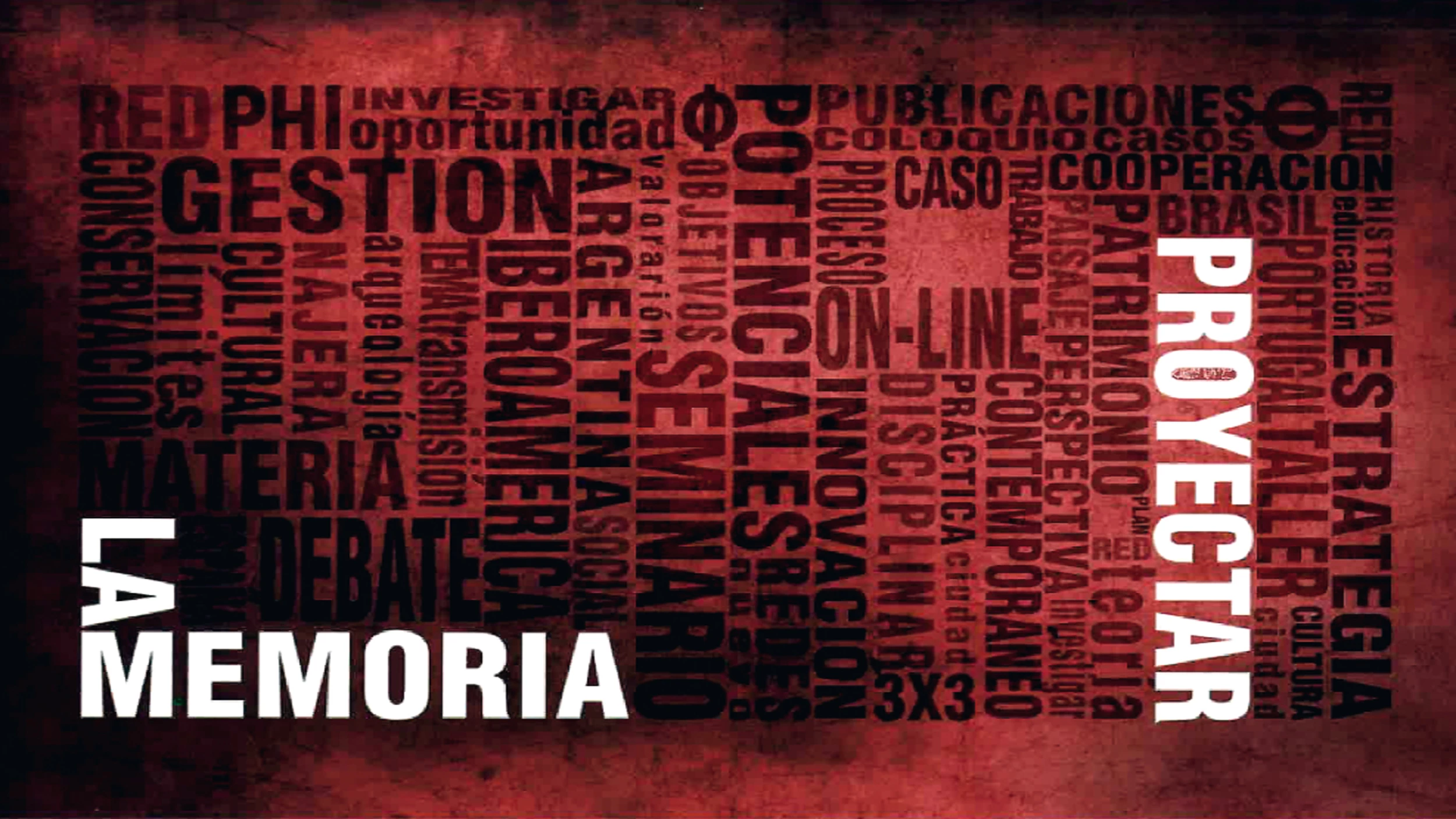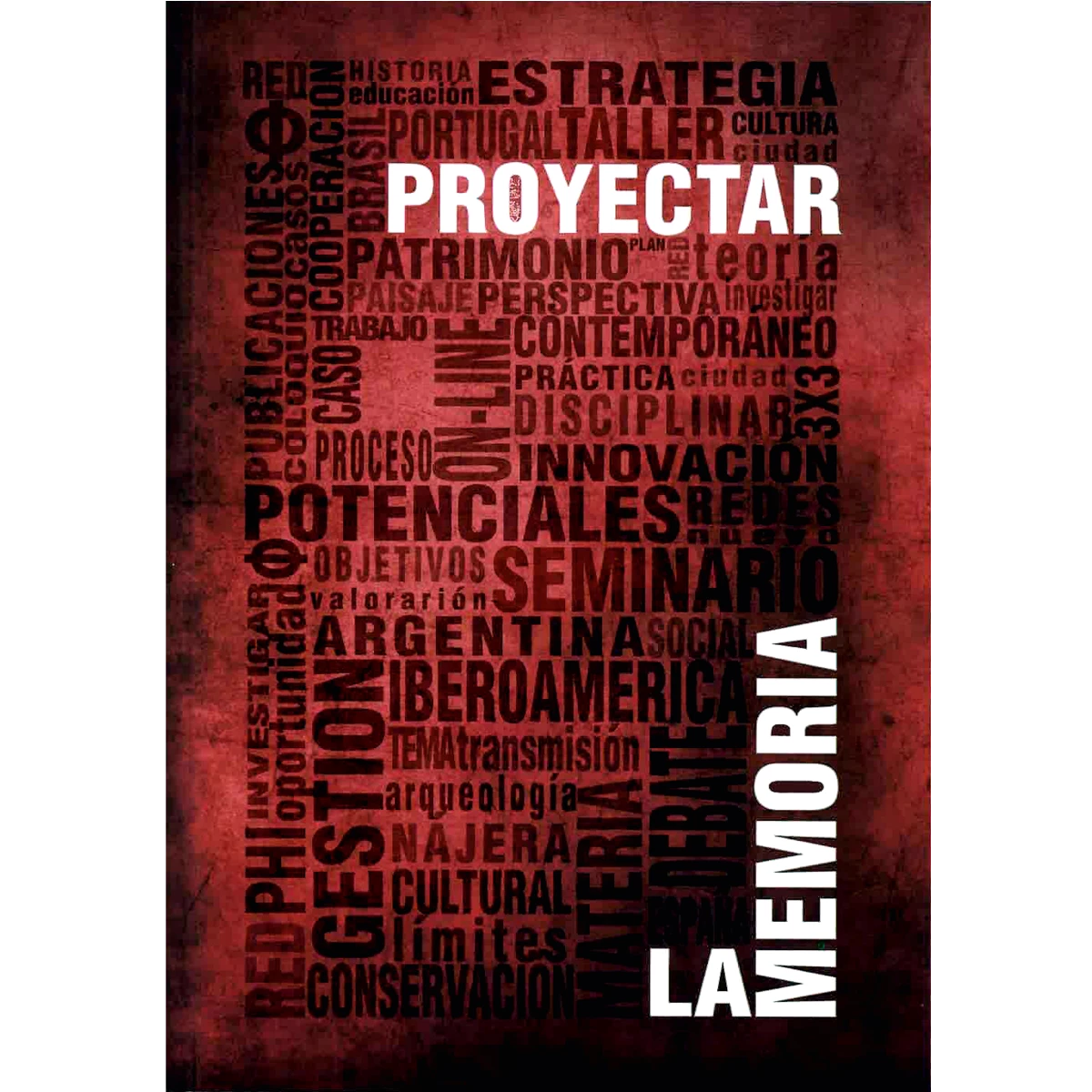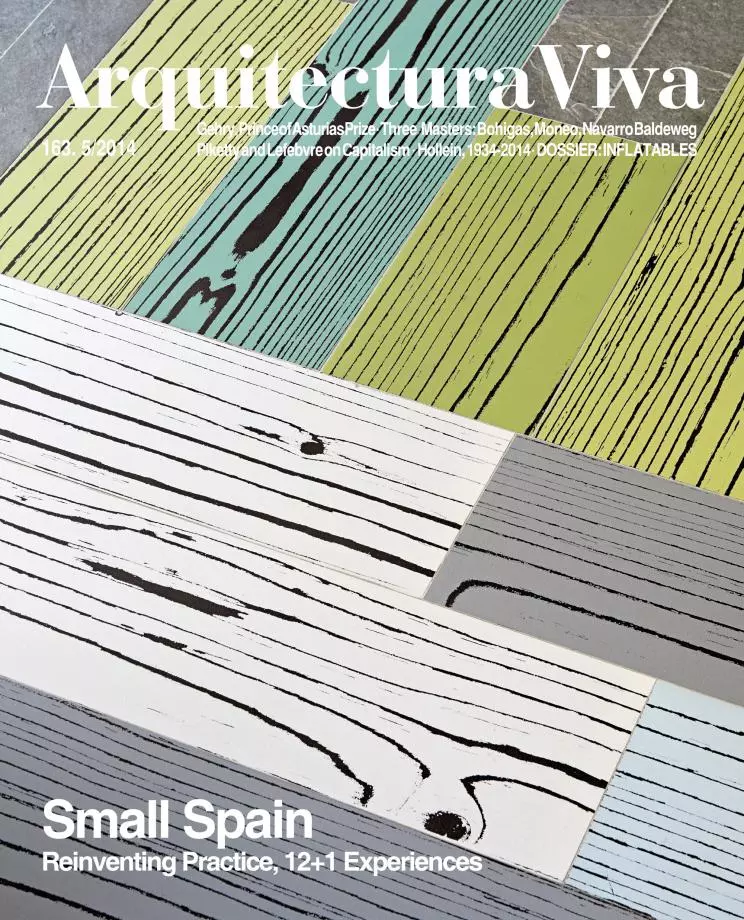
Do we need a new model of heritage preservation? The current crisis ought to be taken as an opportunity to undertake actions of preventive preservation, and with that, make improvements in both planning and coordination, and obtain maximum results with the least investment possible. This is the proposal put forward by this book, which compiles the lectures given at the first seminar-workshop organized by Madrid School of Architecture teachers Rafael Guridi, Joaquín Ibáñez, and Fernando Vela, held in Nájera in January 2012.
This annual seminar began with the pilot stage of the Iberian-American Historical+Cultural Heritage Network (PHI), a university platform of institutions seeking to capitalize on Information and Communication Technologies to develop an inter-operative system on a global scale through the Web. Its aim is to catalog all data on Iberian-American heritage.
Top concerns in the heritage world are addressed through lectures delivered at the seminar. Studies are presented in detail, tackling topics like conceptual reflection, identity, memory, managing the existing, and defining the cultural contents to be passed on.
Closing the publication are three case studies based on the speakers’ theoretical notions. They uphold architecture, with its physical presence and durability, as the best opportunity for humanity to produce memory.
All this and more can be found in a book that is a must for anyone interested in new ways of acting on heritage, in accordance with the times.







